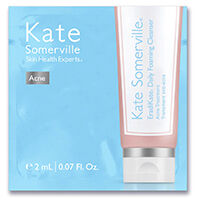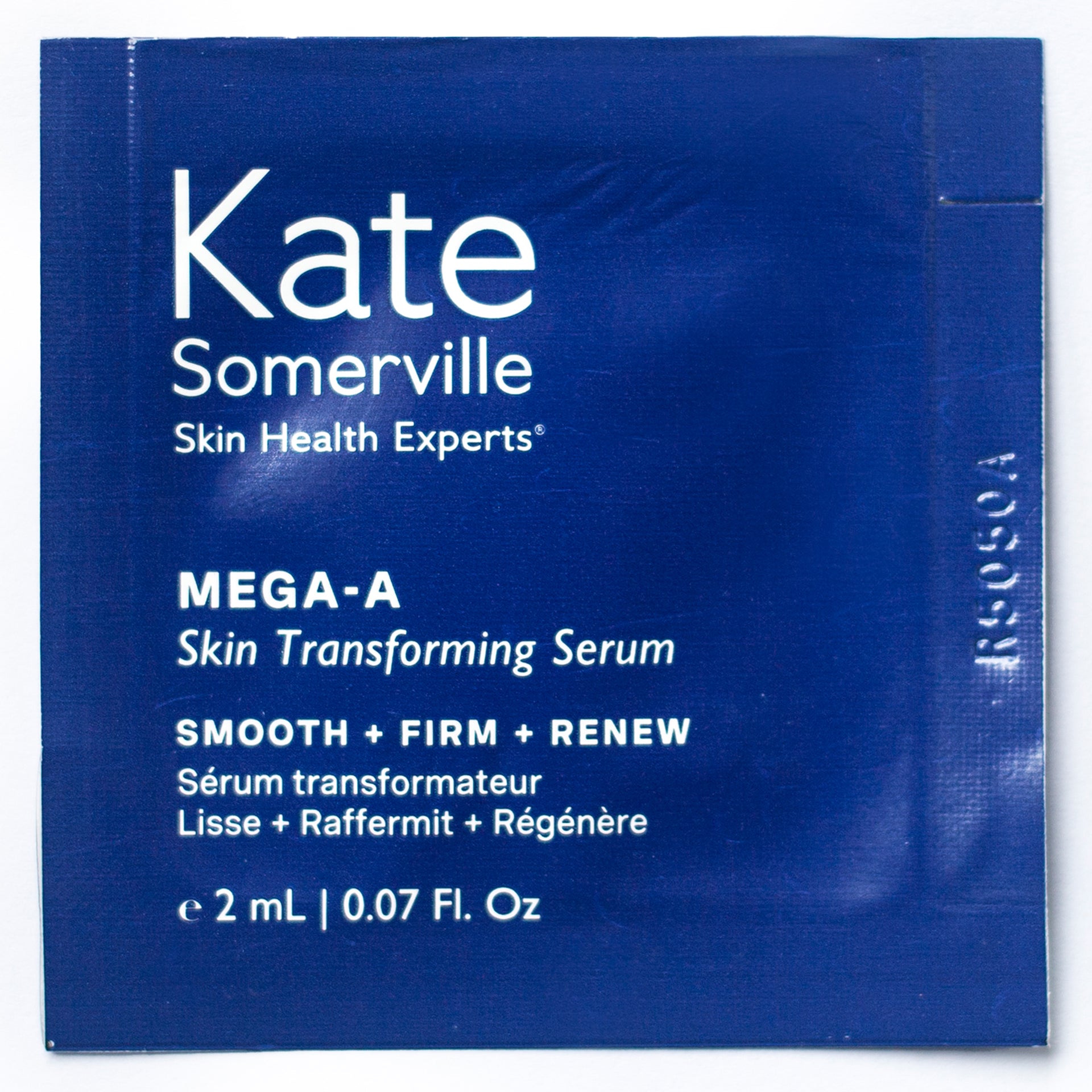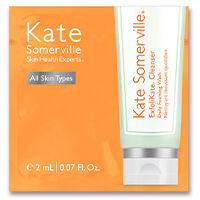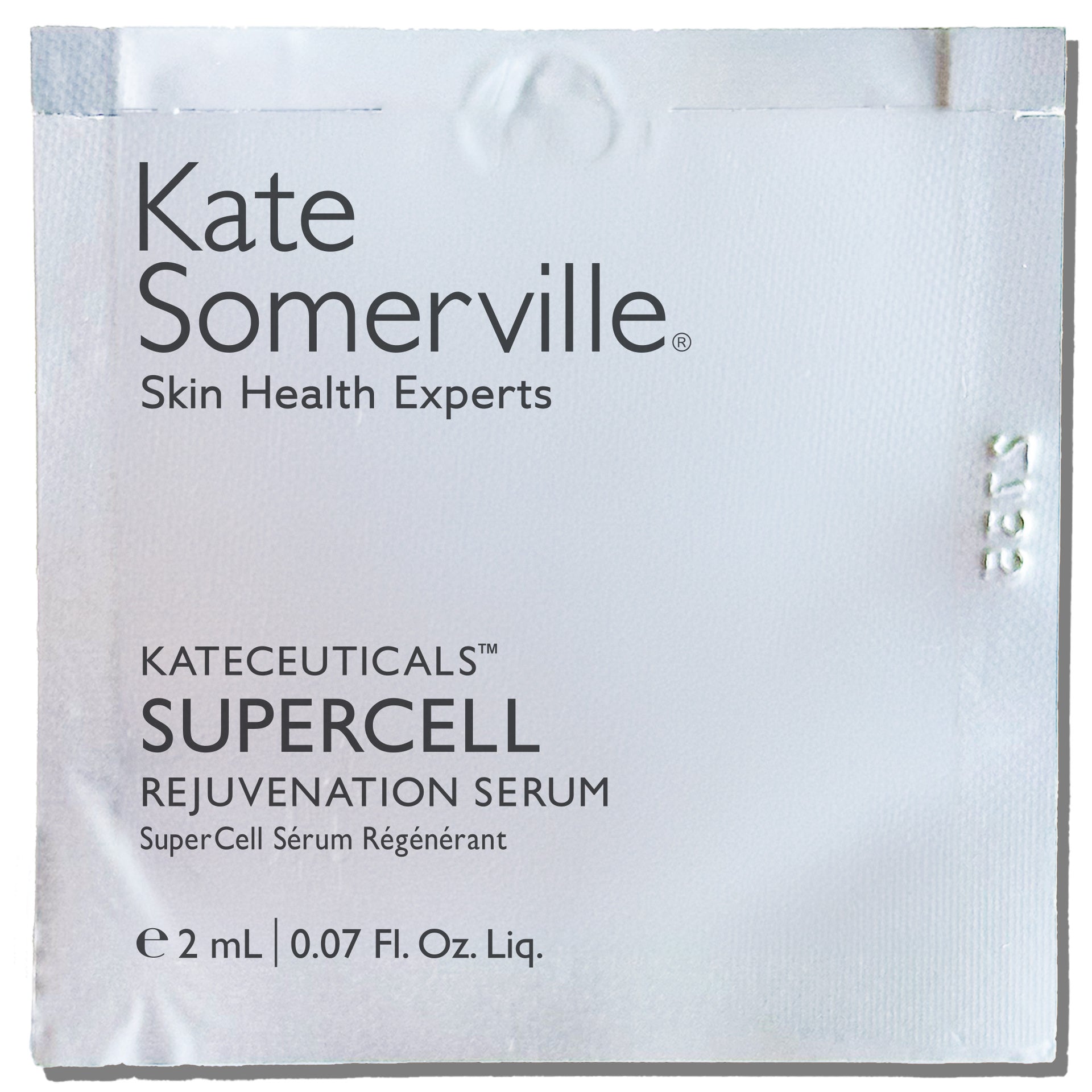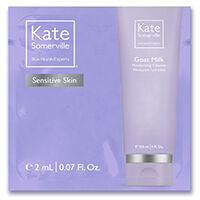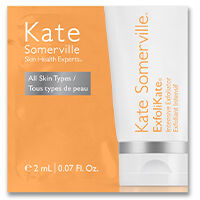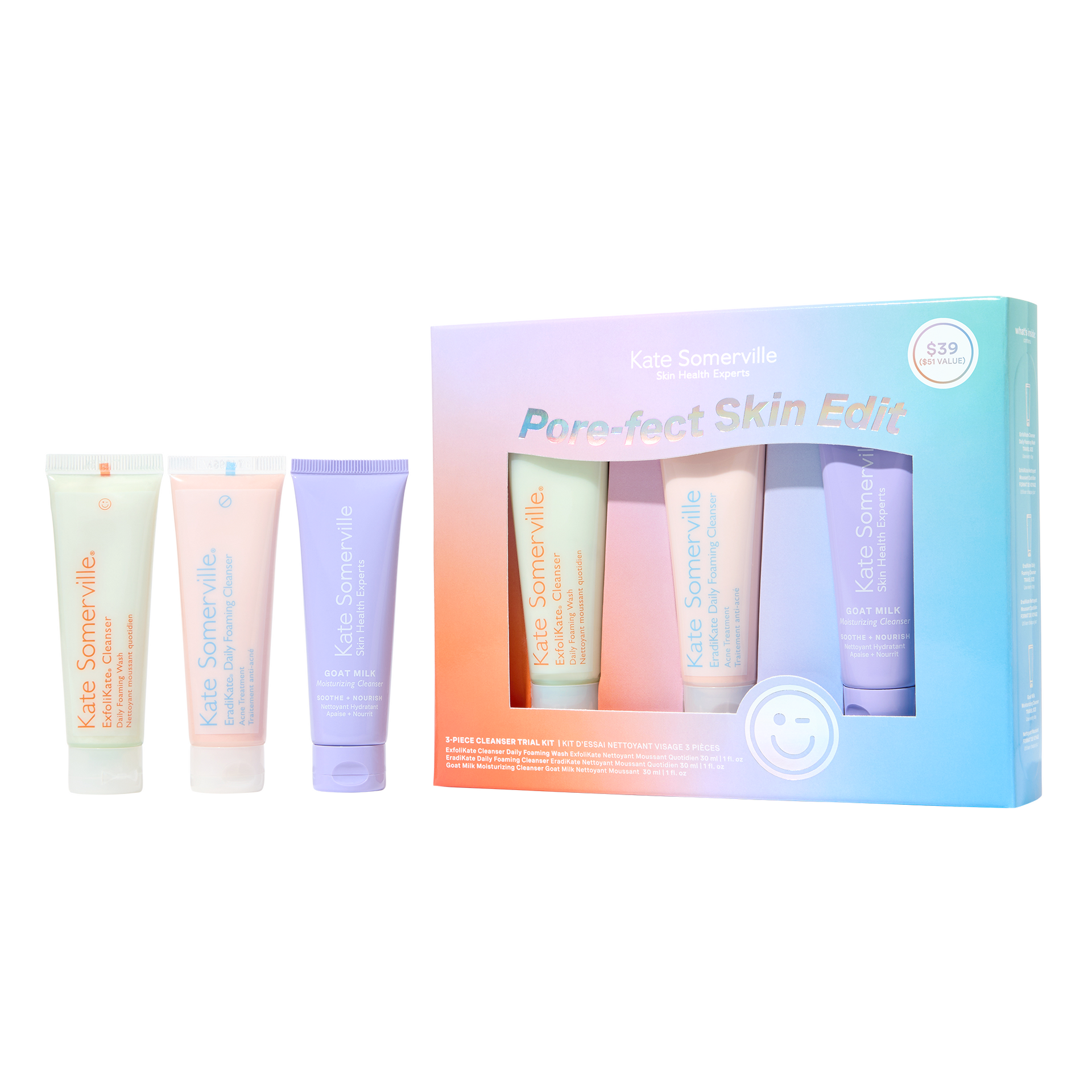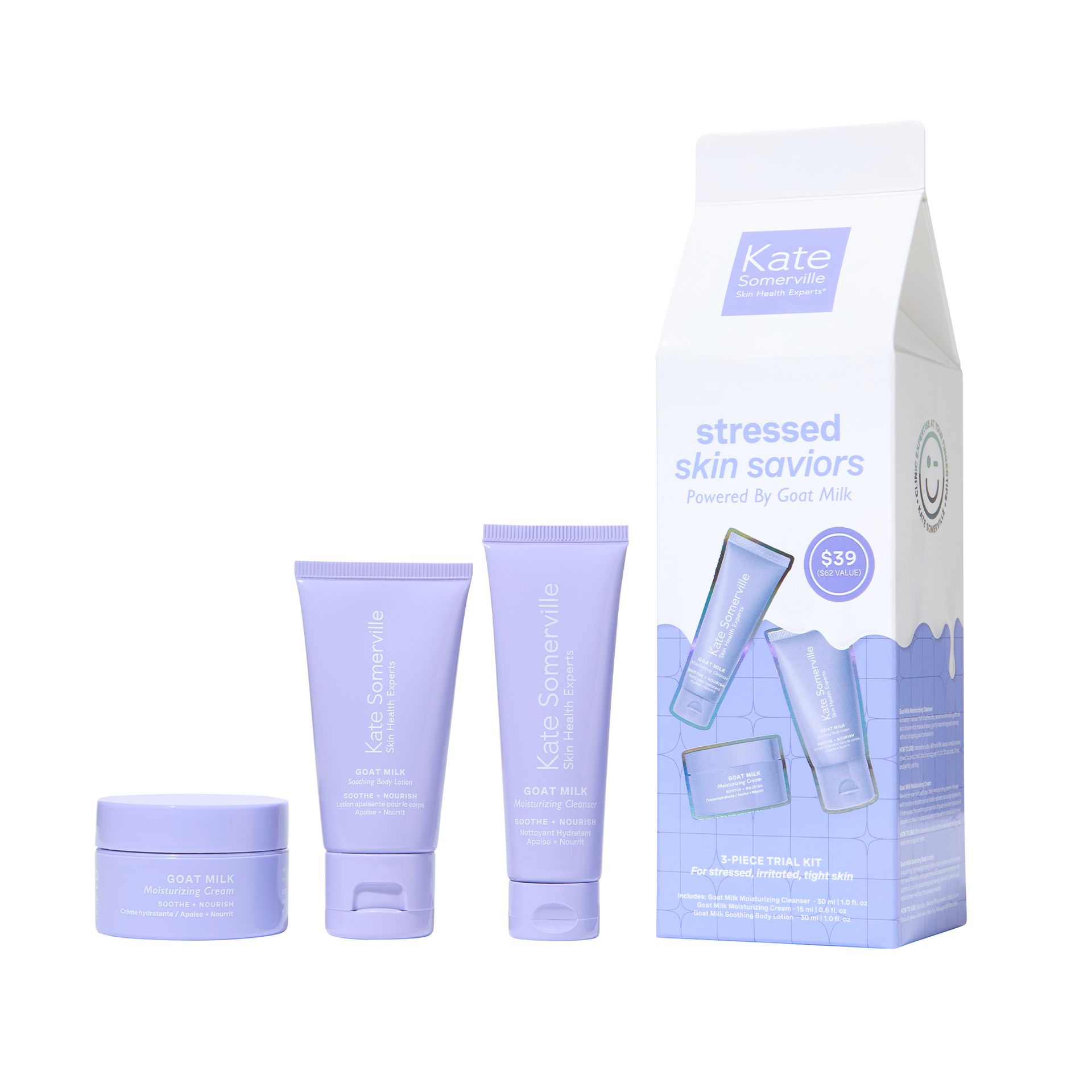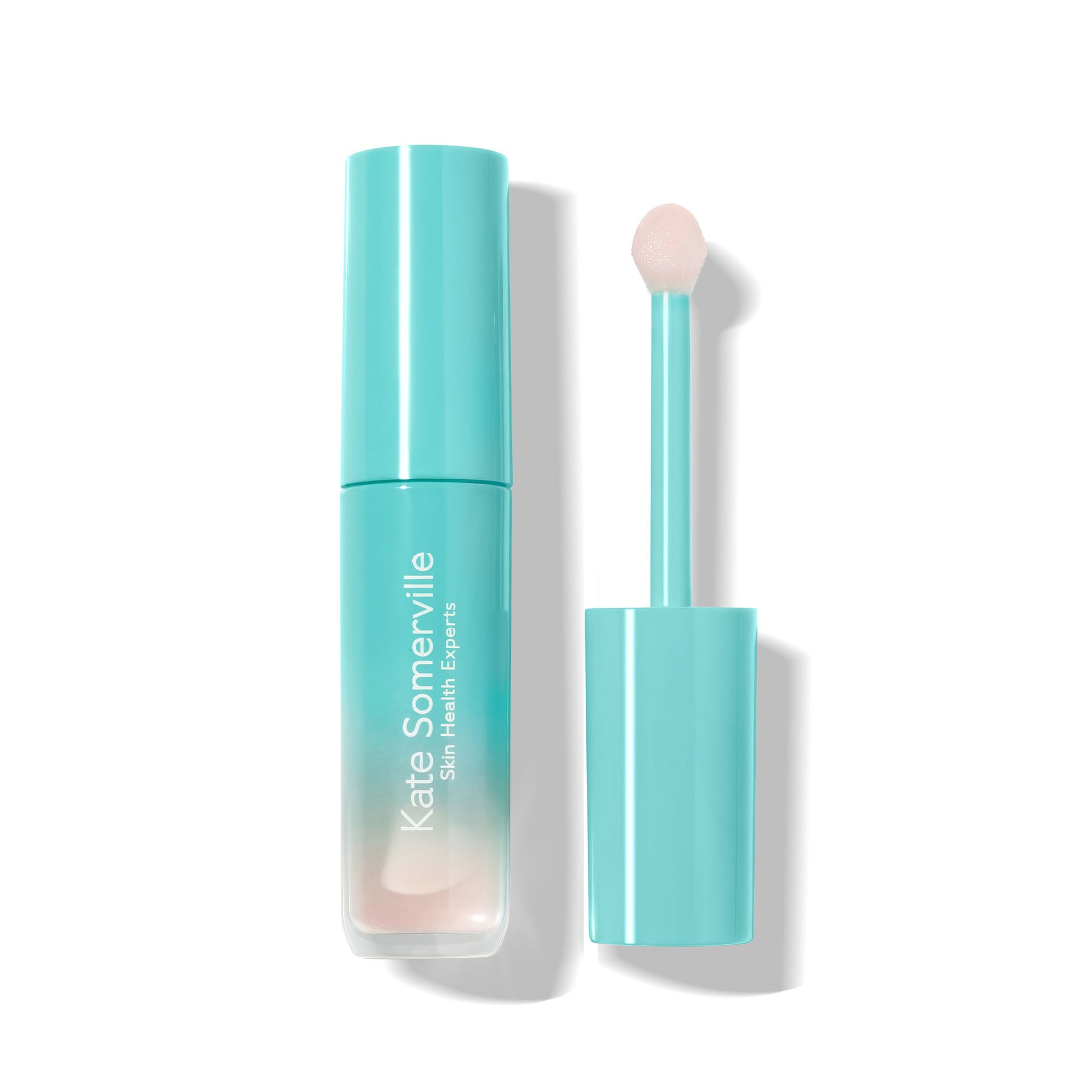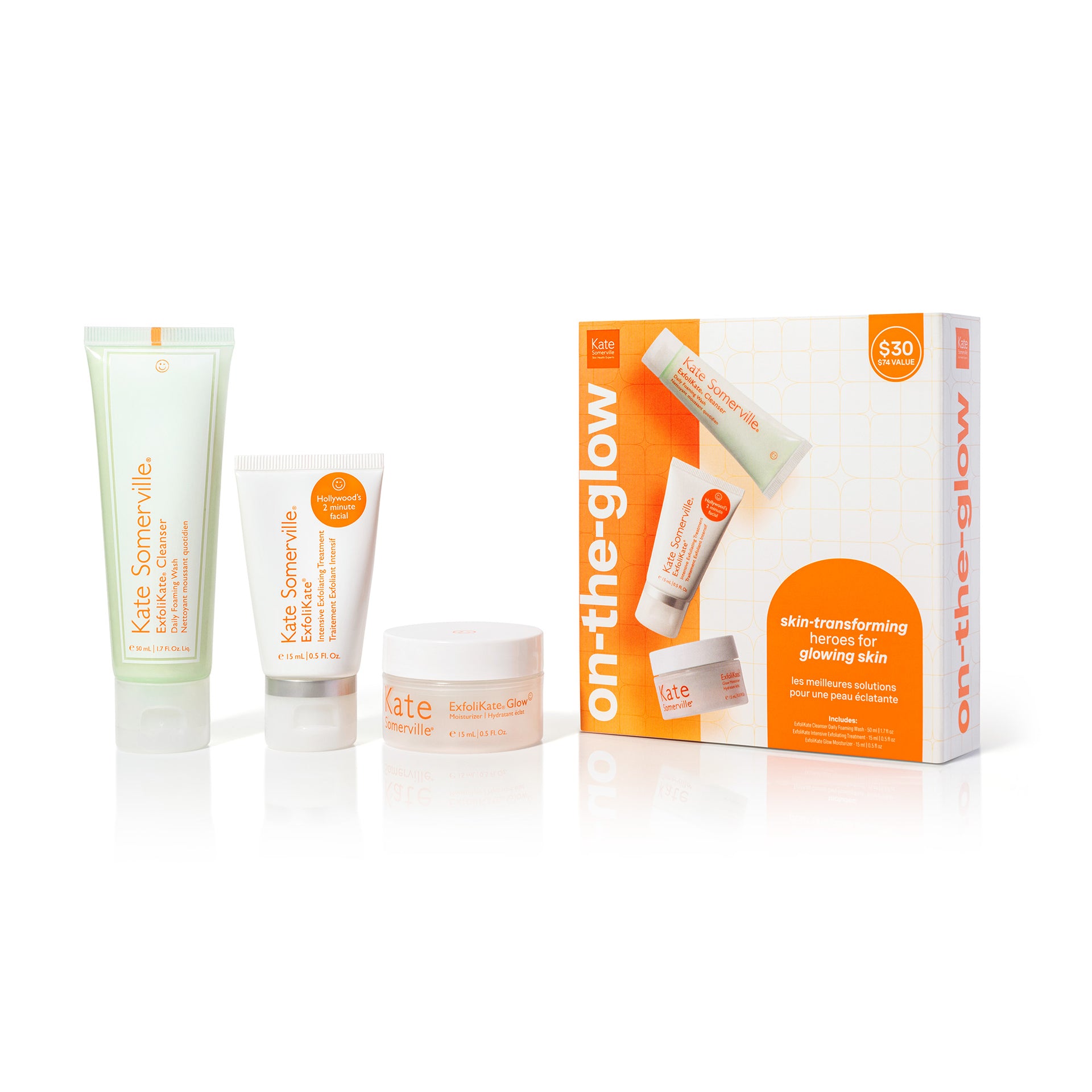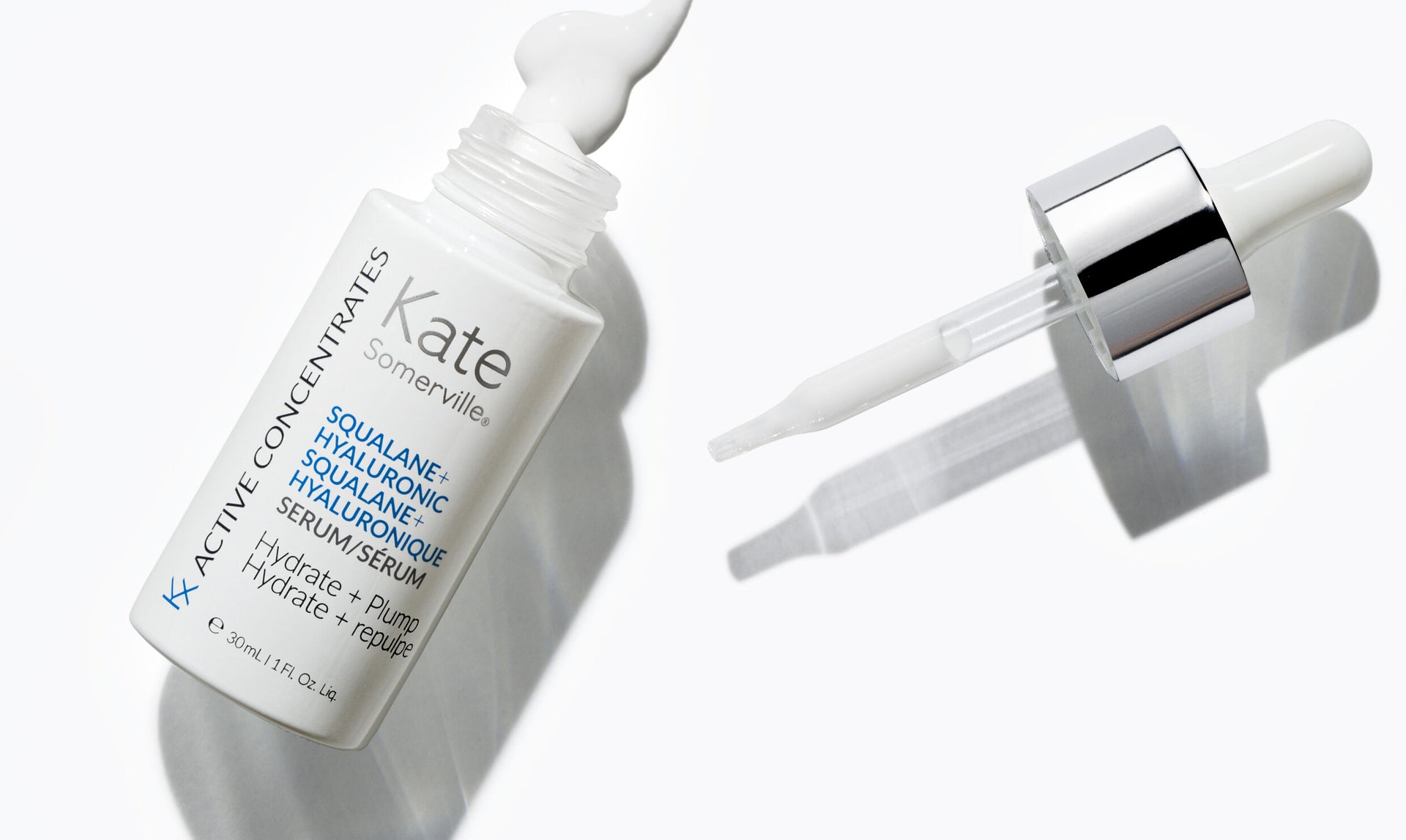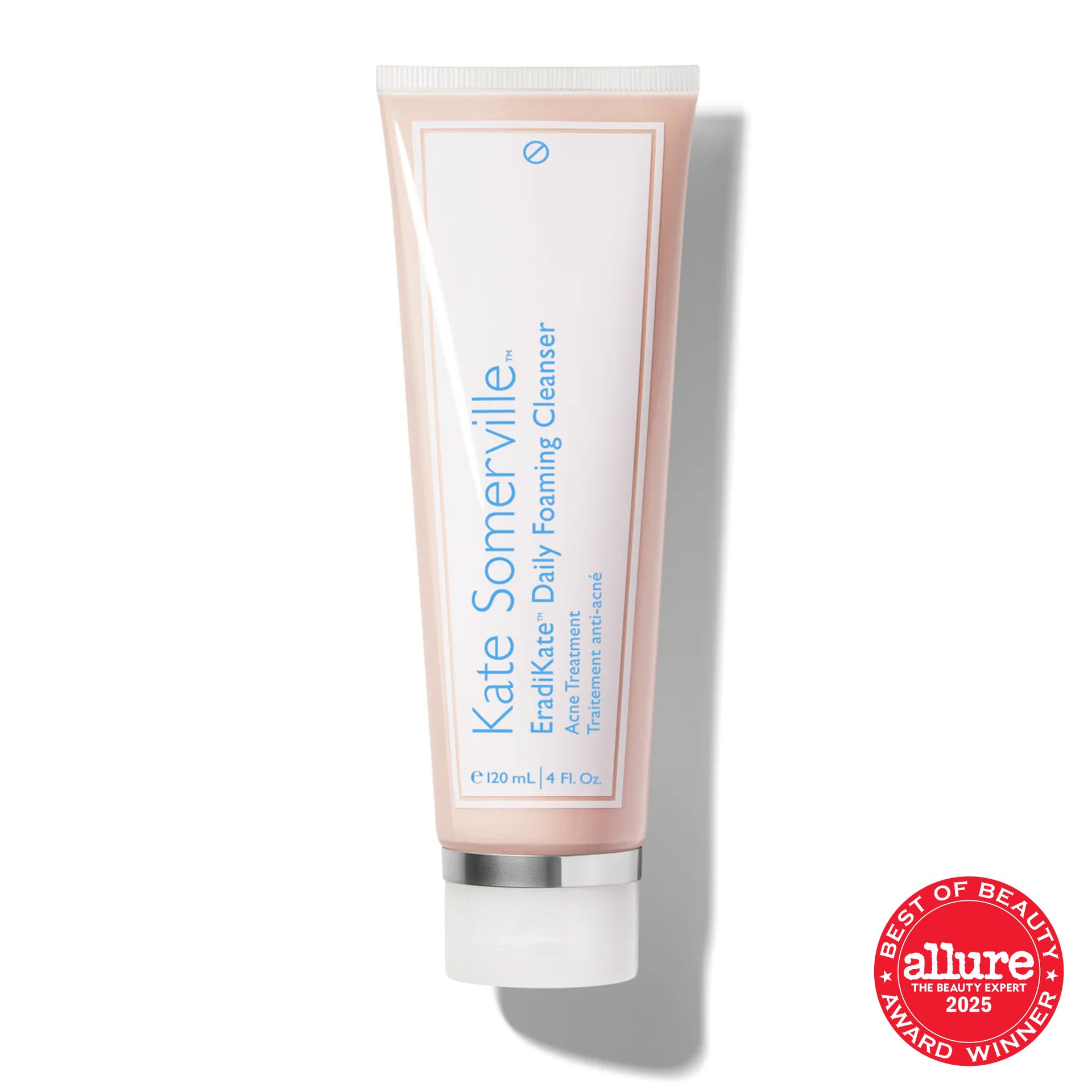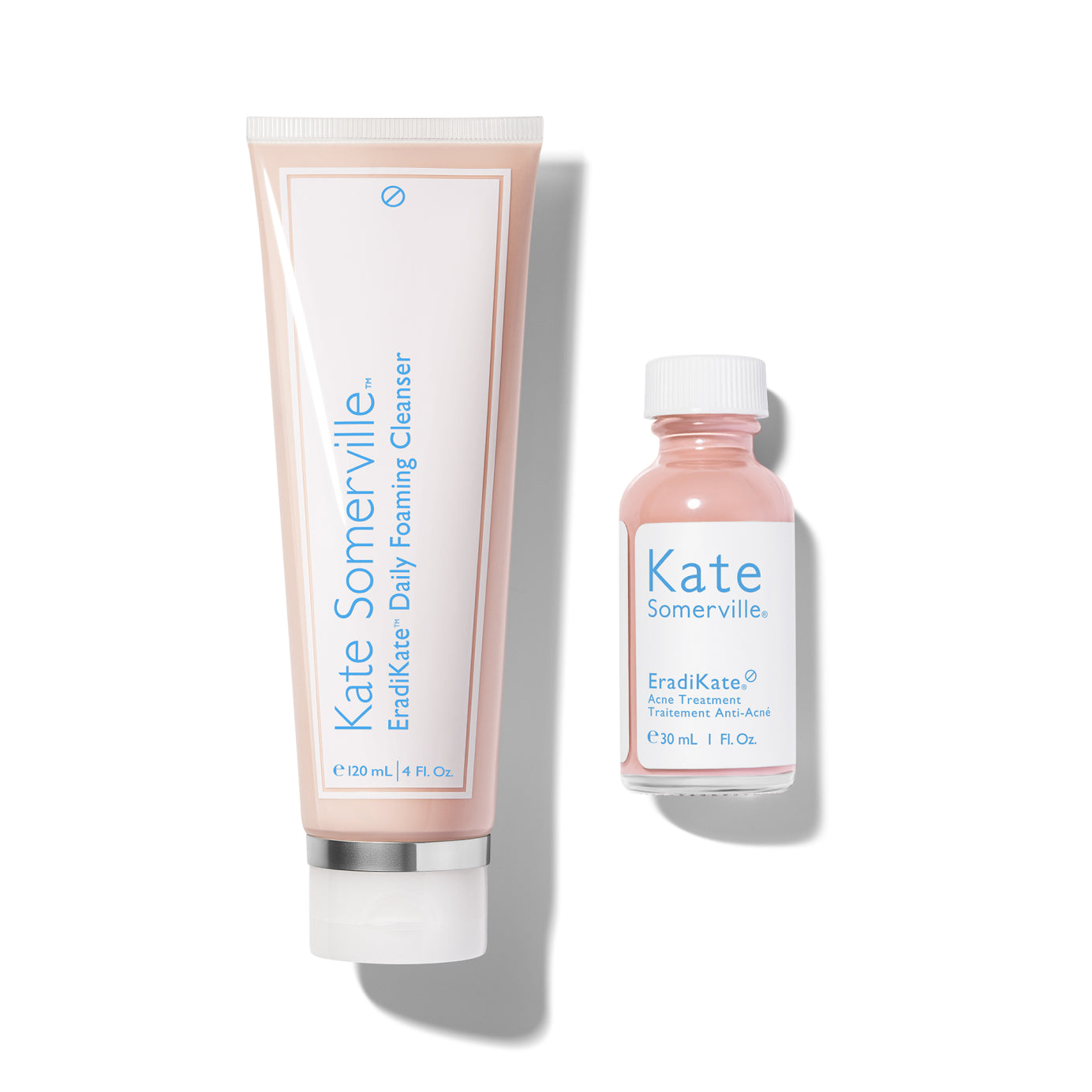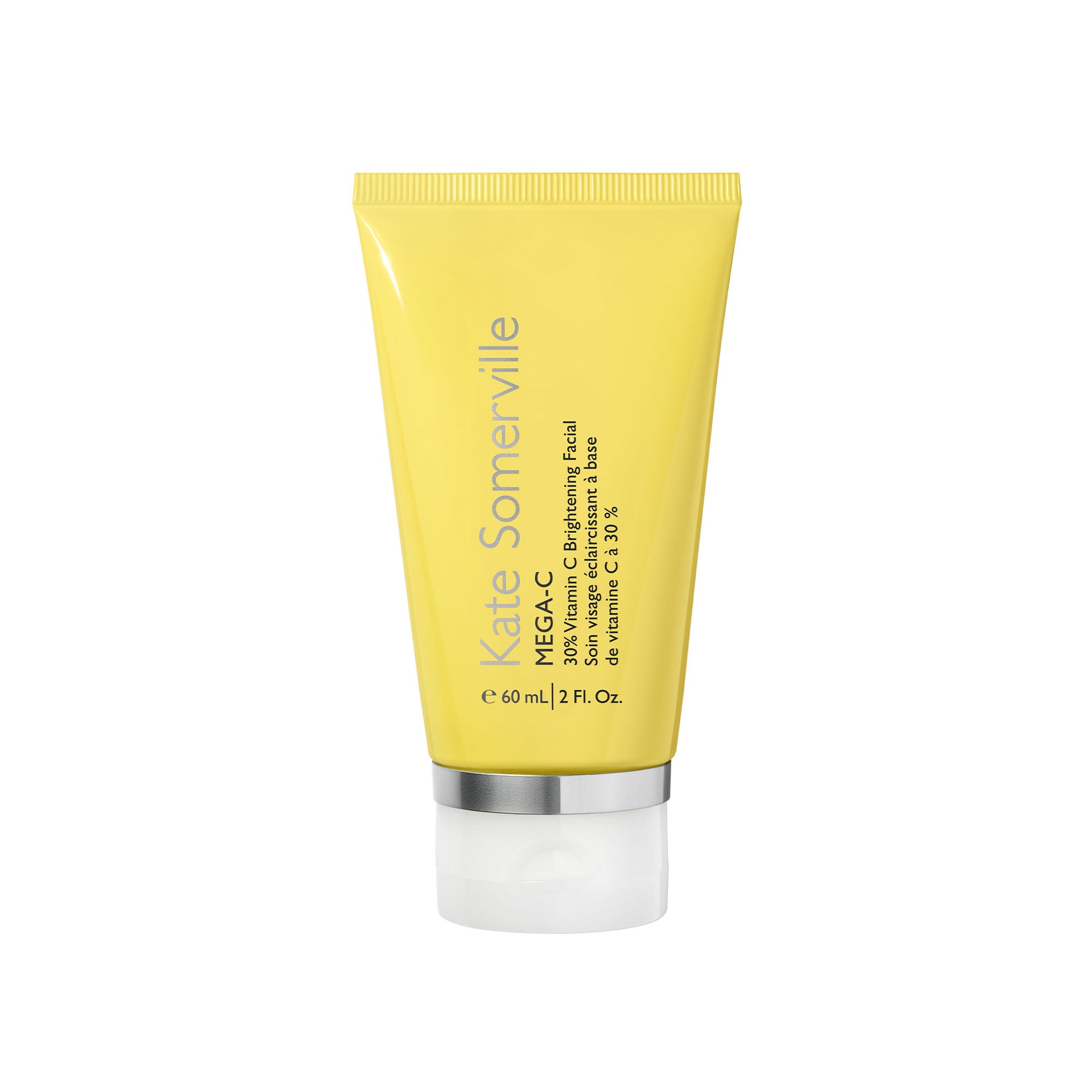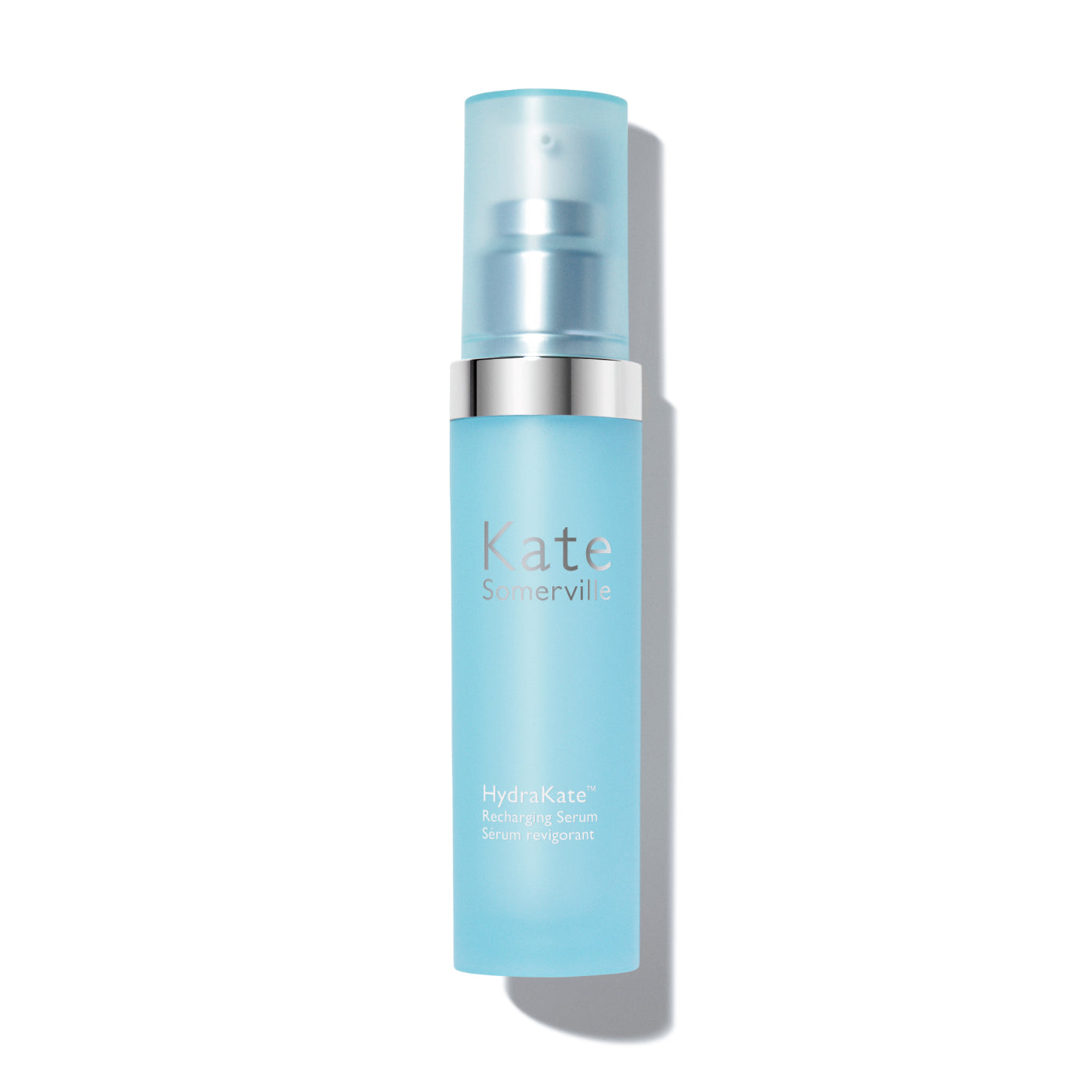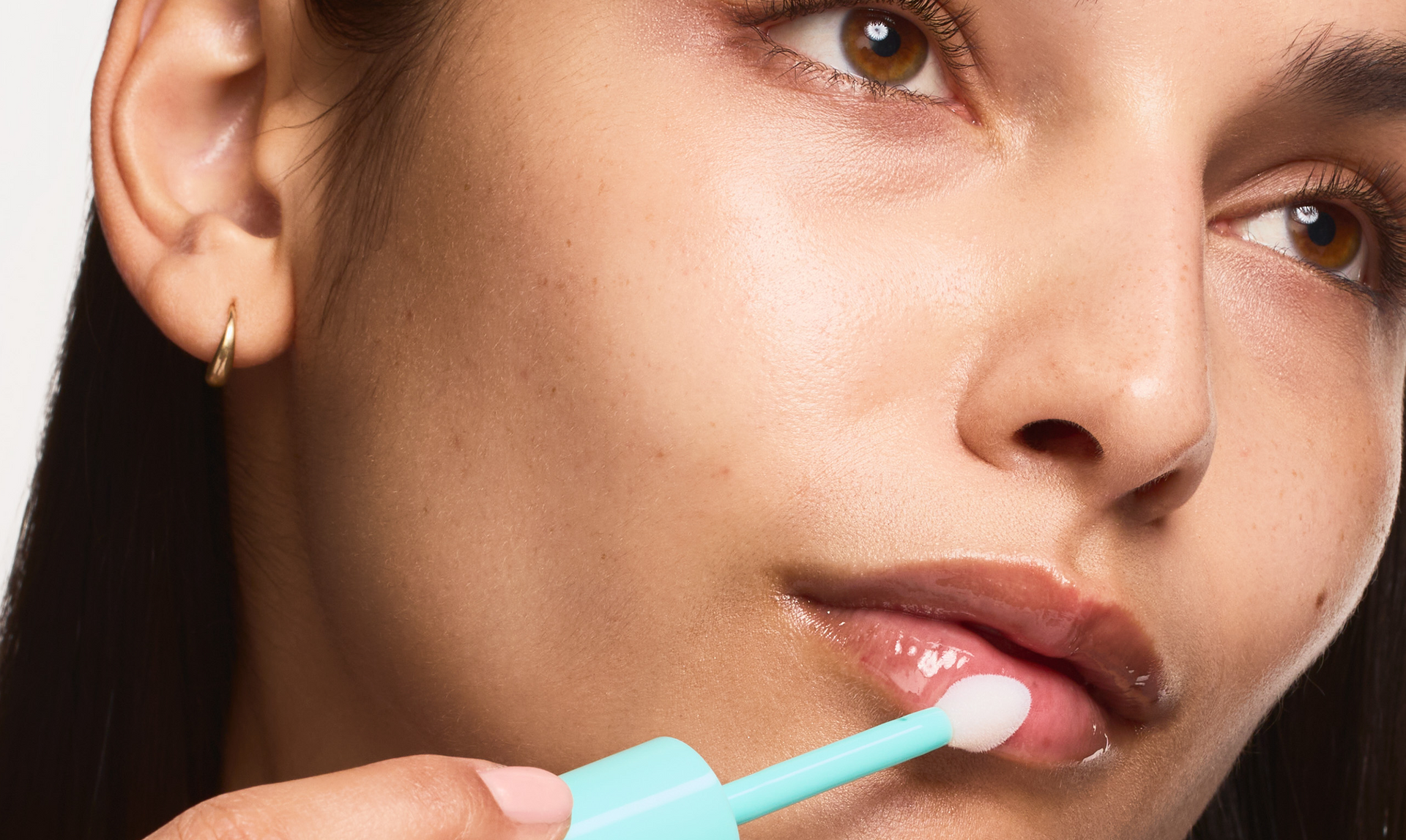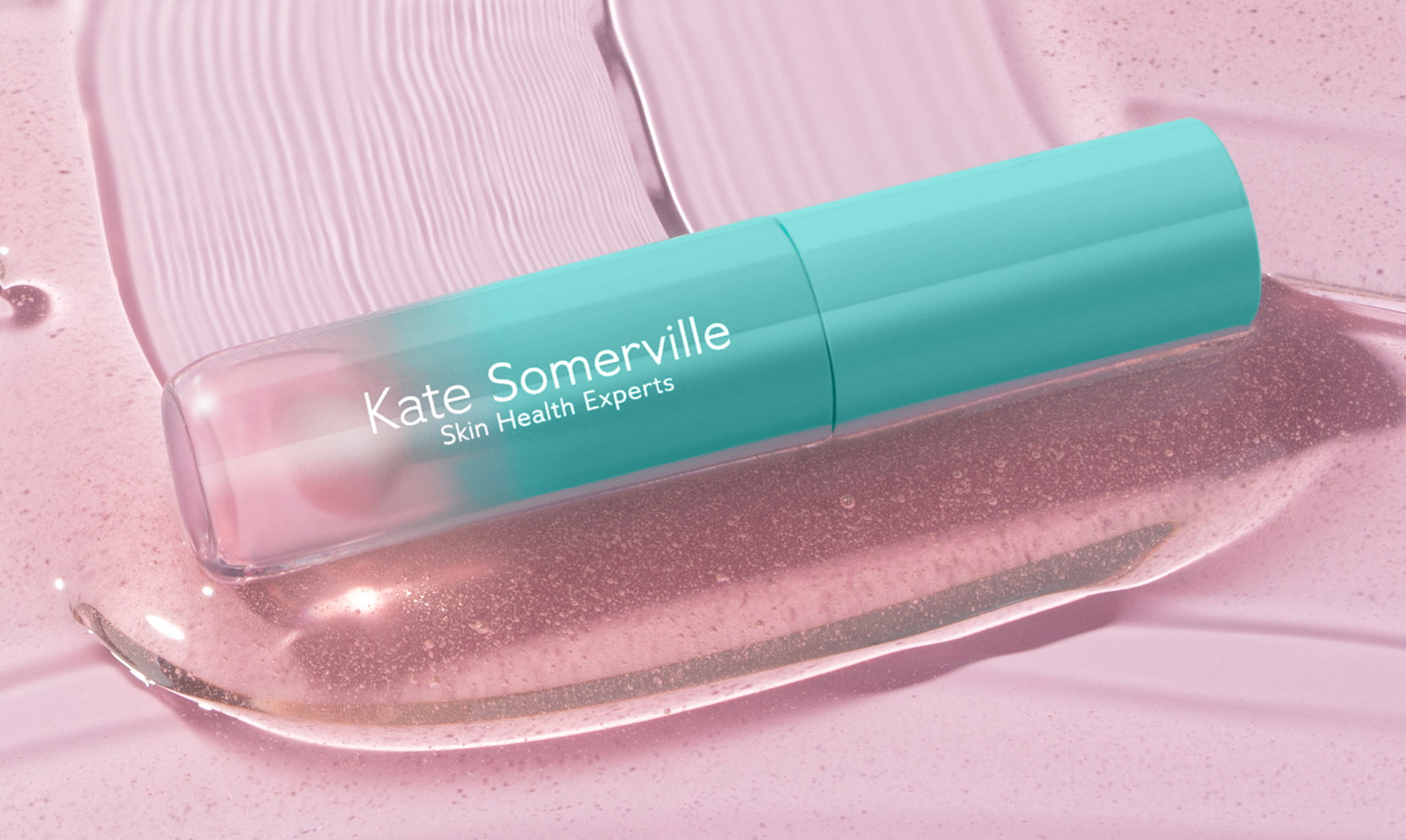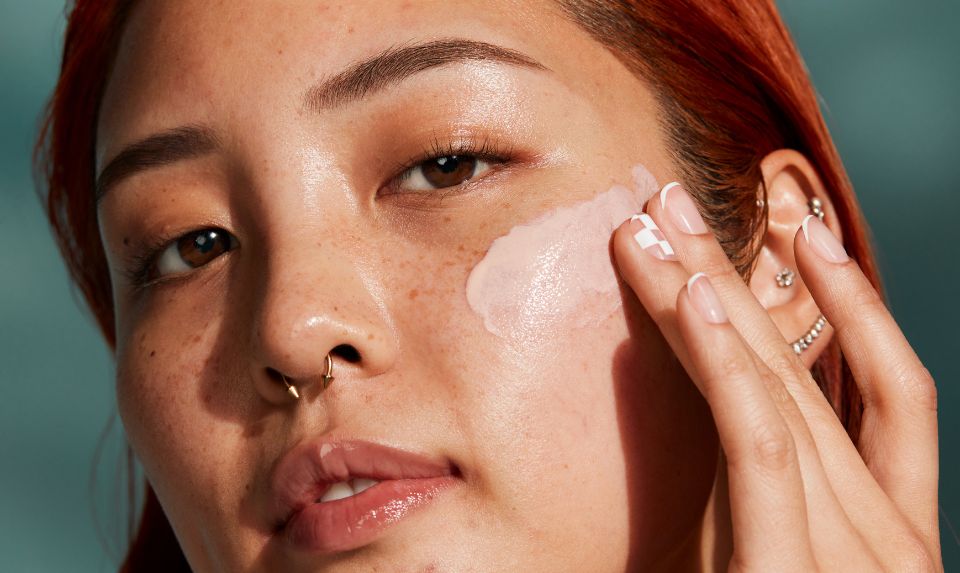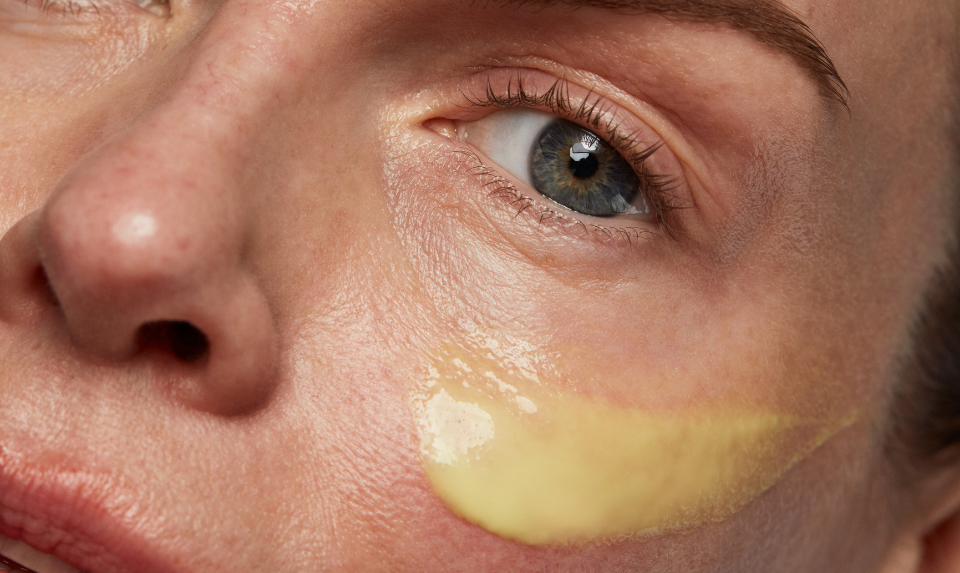What causes forehead wrinkles? Perhaps the biggest culprit is aging. That’s why it’s never too early start an anti-aging skin care routine. Skin care labels, especially of the anti-aging variety, can be confusing. From witch hazel to compounds you can’t pronounce, skin care ingredients span a wide gamut.
Crafting the perfect anti-aging skin care routine starts to feel overwhelming (especially with the range of anti-aging products)—but it doesn’t need to be.
Thankfully, there are a few key anti-aging ingredients that are so effective, they can help guide you toward the right products. If you know those, you’ll be unstoppable in any skin care aisle.
Our team of Skin Care Experts put together this list of the 4 most powerful anti-aging ingredients to help you on your journey to feeling your most radiant. Simply integrate them into your daytime and nighttime routines and experience the game-changing benefits for your skin.
#1 Hyaluronic acid
Hear “hyaluronic,” think “hydration.” Hyaluronic acid is a naturally occuring humectant polymer in our skin. Translation: it acts as a sponge, drawing up and retaining a high volume of water (humectant literally means “moistening”).
If it weren’t for hyaluronic acid, our skin would be a whole lot dryer and much more susceptible to sun damage and wrinkling.
Where there is hydration, there is a fair fight against premature aging. If our skin is hydrated and well-moisturized, the water expands your outer skin barrier, helping to minimize the appearance of fine lines and wrinkles. It also lends itself to a particular radiance that only comes with the utmost hydration, which can lend a youthful glow.
Try hyaluronic acid in a cream or serum to see the humectant’s brilliant effects for yourself.
#2 Vitamin C
Vitamin C is a powerful antioxidant, meaning it fights against damaging toxins that come into contact with your skin (even toxic ozone particles). Whether you’re getting your nutrients in through citrus fruits or applying a topical vitamin C cream, you can enjoy the benefits of an brighter skin complexion.
Vitamin C may also:
- Improve wrinkles – Consistent, daily use of topical vitamin C has been shown to “fill in” the appearance of both fine and deep wrinkles.
- Protect against UV damage – Vitamin C and sunscreen are the power couple that shields the skin from long-term photodamage—the leading external cause of wrinkles.
- Minimize dark spots – By blocking melanin production in our skin (what causes pigmentation), vitamin C can brighten dark spots and hyperpigmentation like melasma.
And, because vitamin C naturally occurs in our skin cells, there’s a high likelihood that you can expect to experience little to no irritation with vitamin C as an ingredient in your skin care products. Your skin already knows and loves it—so your skin care routine probably will, too.
#3 Niacinamide
More widely known as vitamin B3, niacinamide has the potential to completely level up any anti-aging skin care routine.
Unlike other types of vitamin B, our body doesn’t naturally produce niacinamide. But don’t let that deter you—it’s packed with skin-loving potential benefits. And the best way to reap them is to supplement them into your skin care routine.
Niacinamide is a common ingredient in products designed to even your complexion. The reason for this (and why it’s helpful to anti-aging skin care) is that it’s designed to target the tell-tale signs of aged skin, like hyperpigmentation, dark spots, and other types of discoloration. If another skin concern you have is excess sebum, niacinamide can help with that, too.
Rest assured that if you do see discoloration on your skin over time, it’s a natural part of aging. But if you’re curious about ways to minimize the appearance, niacinamide may be your new skin care gold.
Our Skin Health Experts suggest our serum that combines vitamin C and vitamin B3—hello, niacinamides!—for your skin to get the best of both worlds.
#4 SPF
With skin aging, you should be more and more vigilant with sun protection. SPF, or Sun Protection Factor, is a foundational component of any skin care routine, but more so for skin aging. It may not boost collagen production, but as you age, it does preserve the amount of collagen left.
While SPF isn’t an “ingredient” per se, it’s definitely a green flag to look for when curating your topical skin care collection and regimen. By using SPF (we recommend at least SPF 30 or more), you’re protecting your skin from both UVA and UVB rays, some of the first harbingers of the aging effects caused by sunlight.
Another reason to use SPF every day? To help protect your body from:
- Skin cancer
- Collagen degeneration
- Dark spots
- Heightened hyperpigmentation
A regular, morning application of SPF—whether that comes from sunscreen or additional SPF found in a moisturizer or foundation—is a proactive step you can take in minimizing the aesthetic effects of aging.
Here are other ingredients to look for in an anti-aging product:
Glycolic acid - As your skin ages, it becomes more sensitive. Still, you need to exfoliate to remove dead skin cells. You can find a skin care product with glycolic acid for gentle exfoliation.
Lactic Acid - Collagen production decreases as you age. To help your skin keep producing collagen, find a skincare product with lactic acid. Not only does this active ingredient maintain collagen production, it also improves signs of aging.
Find Anti-Aging Skin Care Ingredients with Kate Somerville
Fill your skin care collection with ingredients that love your skin at any age and reveal your healthiest self. When your self-care routine is centered around you, the rest will follow suit.
At Kate Somerville, our products do just that. We don’t fill our bottles and jars with anything, but the ingredients we know will make your skin happy and healthy.
Our Skin Care Experts curate complex skin care products that target aging while supporting your holistic dermal health. Our product formulas are expertly and powerfully crafted to hone in on your individual skin needs—because there is no one-size-fits-all solution to skin care.
Ready to step into your best skin yet? Shop our anti-aging collection.
Sources:
Dermato-endocrinology: Journal. Hyaluronic acid: A key molecule in skin aging. https://www.ncbi.nlm.nih.gov/pmc/articles/PMC3583886/
Journal of Investigative Dermatology. Protective Effects of Topical Vitamin C Compound Mixtures against Ozone-Induced Damage in Human Skin. https://www.jidonline.org/article/S0022-202X(17)30184-7/fulltext
Nutrients: Journal. The Roles of Vitamin C in Skin Health. https://www.ncbi.nlm.nih.gov/pmc/articles/PMC5579659/
Journal of the American Academy of Dermatology. A topical antioxidant solution containing vitamins C and E stabilized by ferulic acid provides protection for human skin against damage caused by ultraviolet irradiation. https://pubmed.ncbi.nlm.nih.gov/18603326/
Journal of the American Academy of Dermatology. Inhibitory effect of magnesium l-ascorbyl-2-phosphate (VC-PMG) on melanogenesis in vitro and in vivo.
https://www.jaad.org/article/S0190-9622(96)90830-0/pdf
Micronutrient Information Center of the Linus Pauling Institute of Oregon State University. Vitamin C and Skin Health. https://lpi.oregonstate.edu/mic/health-disease/skin-health/vitamin-C



